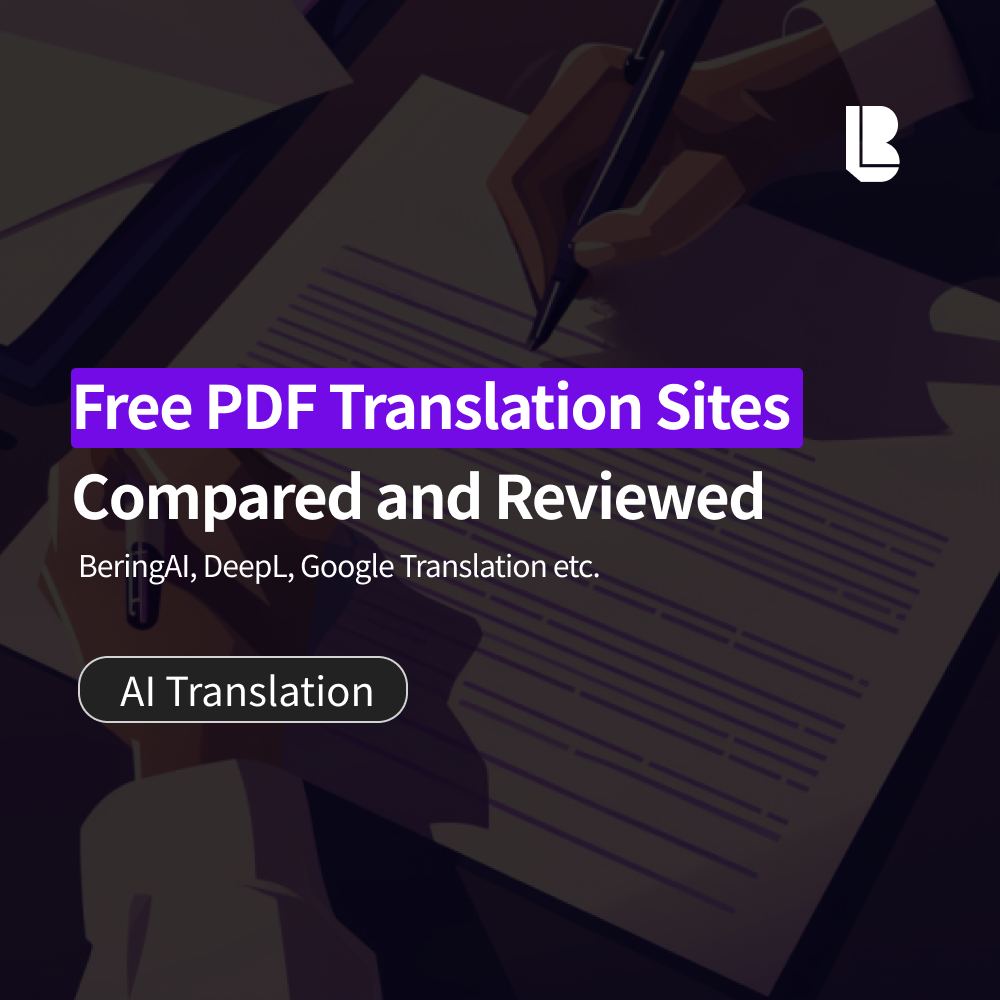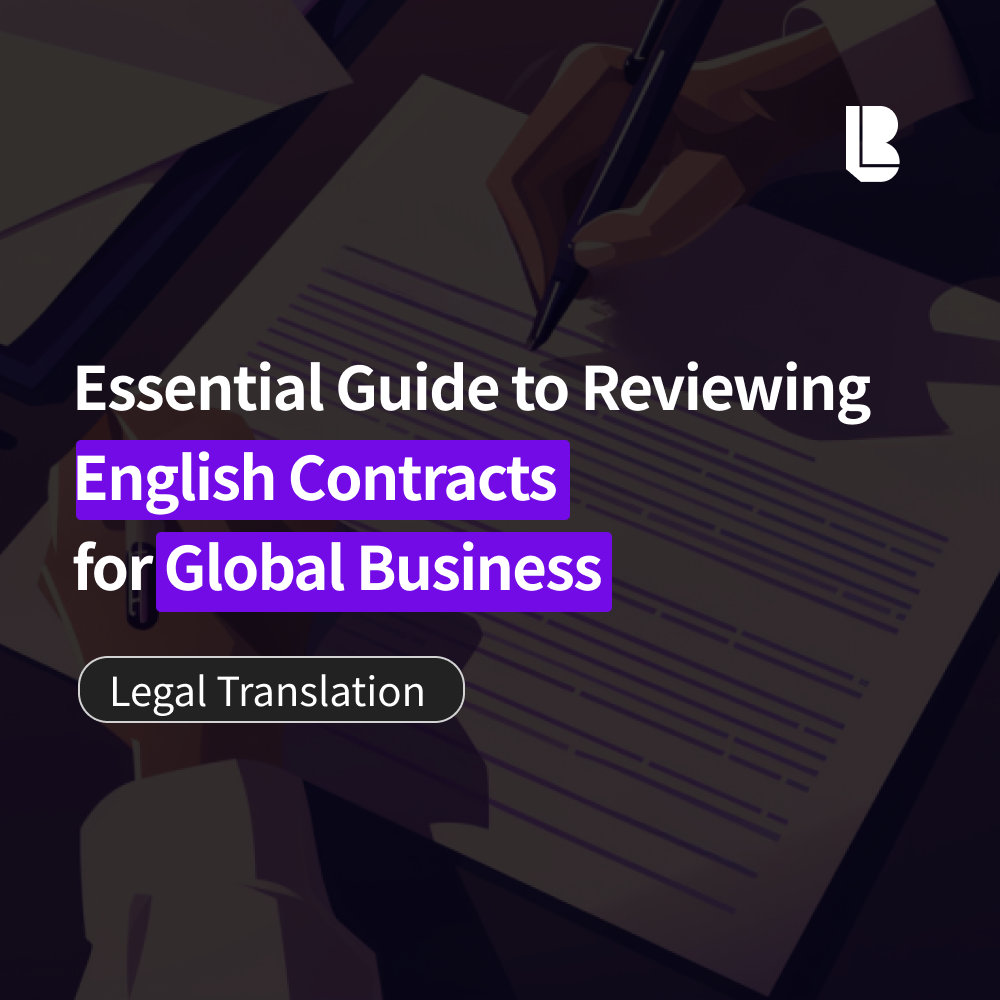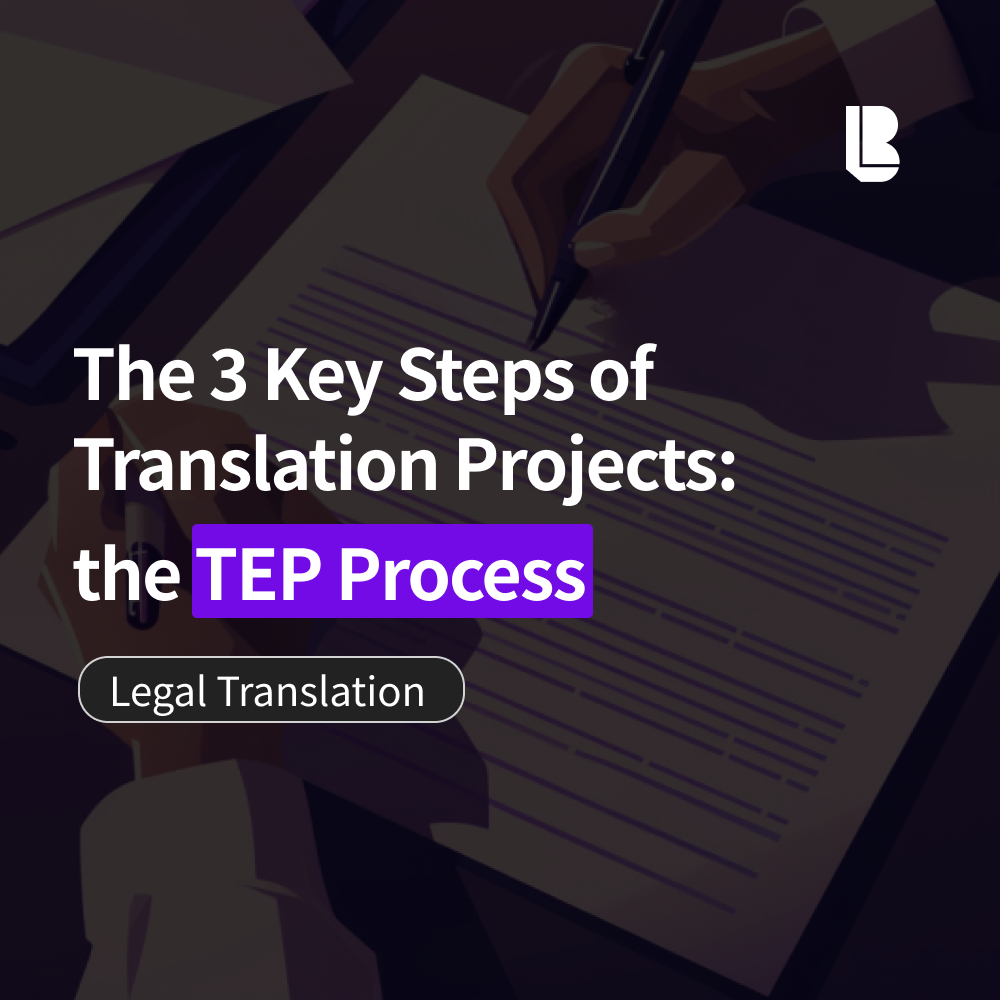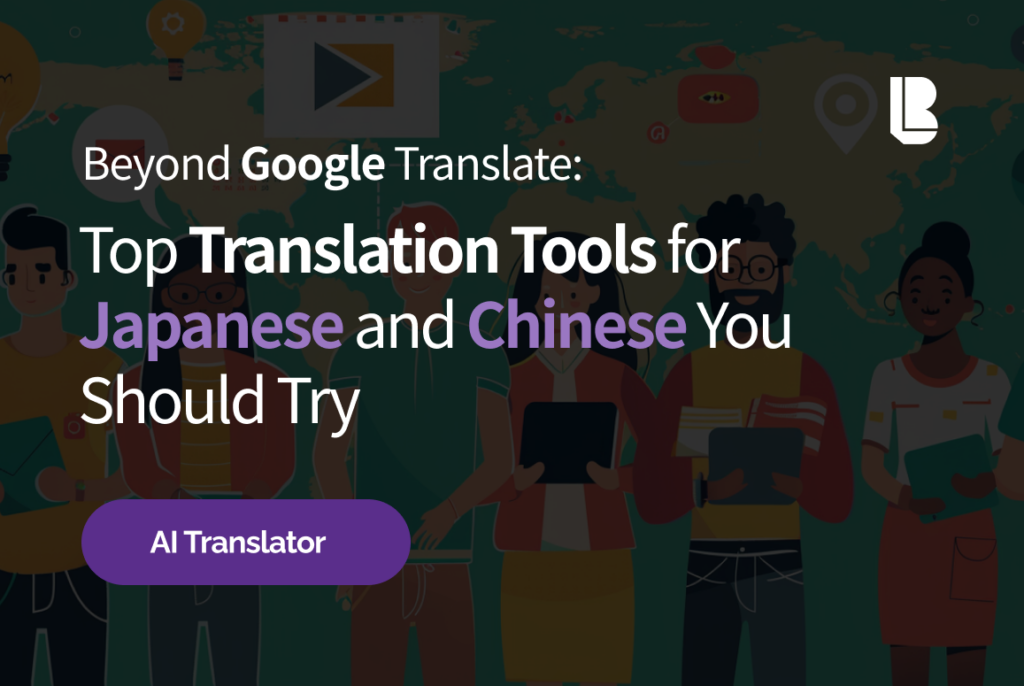How to Start Translation and Notarization of Court Judgments Most Efficiently
Today, let’s dive into a topic that’s becoming increasingly crucial in the business world: translating court judgments. With globalization, there are now many cases where judgments from domestic courts need to be translated into English. In international business disputes or legal matters involving foreign partners, judgment translations have become essential. However, translating court judgments can […]
Free PDF Translation Sites Compared and Reviewed

Have you ever received an important document in PDF format? PDFs are now essential for documents like contracts, academic papers, and technical reports. But what if these PDF files are in English or another foreign language? Let’s start by understanding what a PDF is. PDF stands for Portable Document Format, a document format developed by […]
Essential Guide to Reviewing English Contracts for Global Business

Hello from Bering Lab! These days, it’s common to see companies of all sizes expanding beyond Korea and entering the global market. It’s impressive and makes us proud to see such progress. However, with global expansion comes a critical requirement: reviewing English contracts. Do you think it’s just about translating Korean contracts into English? It’s […]
The 3 Key Steps of Translation Projects: Understanding the TEP Process

Today, let’s explore the core of translation projects—the “TEP Process.” Wondering what TEP stands for? It’s short for “Translation-Editing-Proofreading,” the three essential steps in a translation project. In simple terms, these stages ensure the quality and accuracy of your translation. Why is the TEP process important? Translation isn’t just about changing words from one language […]
🇯🇵 Essential Business Japanese: From Basics to Contract Writing Tips

Today, we’re going to talk about Business Japanese, which is becoming increasingly important in global business settings. How does business Japanese differ from casual Japanese? Unlike everyday conversations, business Japanese uses more formal and specialized terms. For example, while “meeting” in casual Japanese may be referred to as “ミーティング (meeting),” in business contexts, it’s referred […]
Expert Tips on Patent Translation: Configured to or Adapted to?

Today, we will discuss the frequently encountered phrase ‘configured to’ in patent translations. Patent translation, especially the translation of claims, is critical as it defines the scope of an invention’s rights. Therefore, it requires utmost attention and precision. In many Korean patent specifications, you may often come across the expression ‘…하도록 구성된’, which means that […]
Top Translation Tools for Japanese and Chinese You Should Try

Today, we want to discuss the growing importance of translation websites in our daily lives. Our world has become more globalized than ever before. Whether it’s for international travel, collaborating with foreign companies at work, or even shopping online, we frequently encounter situations where we need to cross language barriers. This is where translation websites […]
Legal Insights: Understanding the Importance of “Preliminary Translation”
Today, we’re going to delve into the crucial process of “preliminary translation.” Simply put, preliminary translation refers to the initial stage of translating the original text into the target language—also known as the first draft. Much like laying the foundation when building a house, this process is essential for grasping the overall meaning and structure […]
Legal Translation Guideline, Explained by a Lawyer: “Inter alia”

The use of “Inter alia” is deeply rooted in the traditions of the legal field. This expression, originating from Roman law, has been used in legal documents for centuries. Due to the nature of legal documents, which strive for both precision and conciseness, these Latin expressions remain widely used. Especially in international contracts or legal […]
Legal Translation Guideline, Explained by a Lawyer: “subject to”

Today, we’re diving into the common phrase “subject to” often seen in English contracts. This term means “dependent on” or “subject to,” and it is frequently used in contracts to indicate that certain conditions or situations must be met. Using “subject to” clarifies the extent to which a contract is effective based on certain conditions, […]